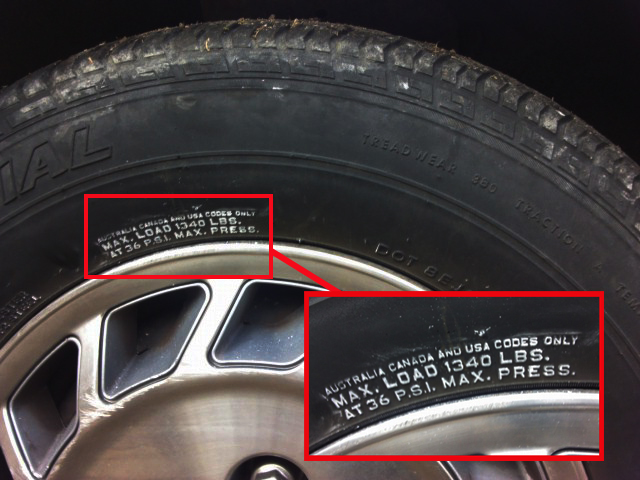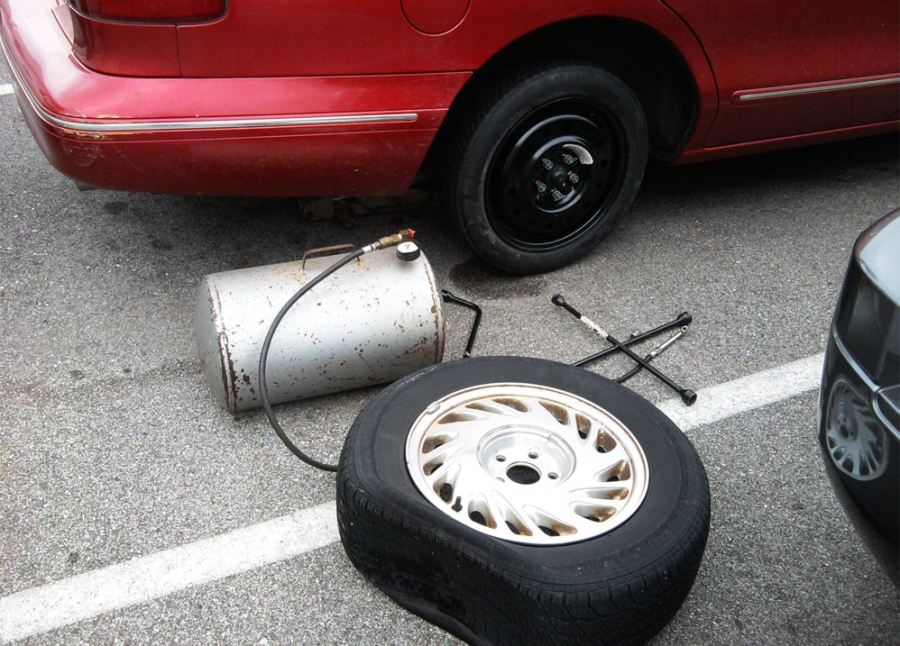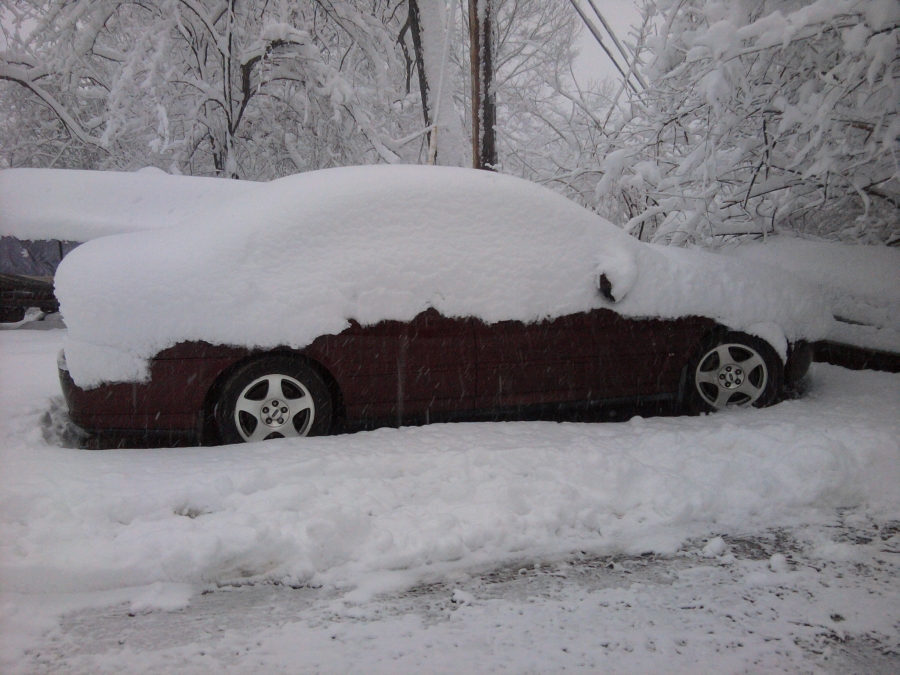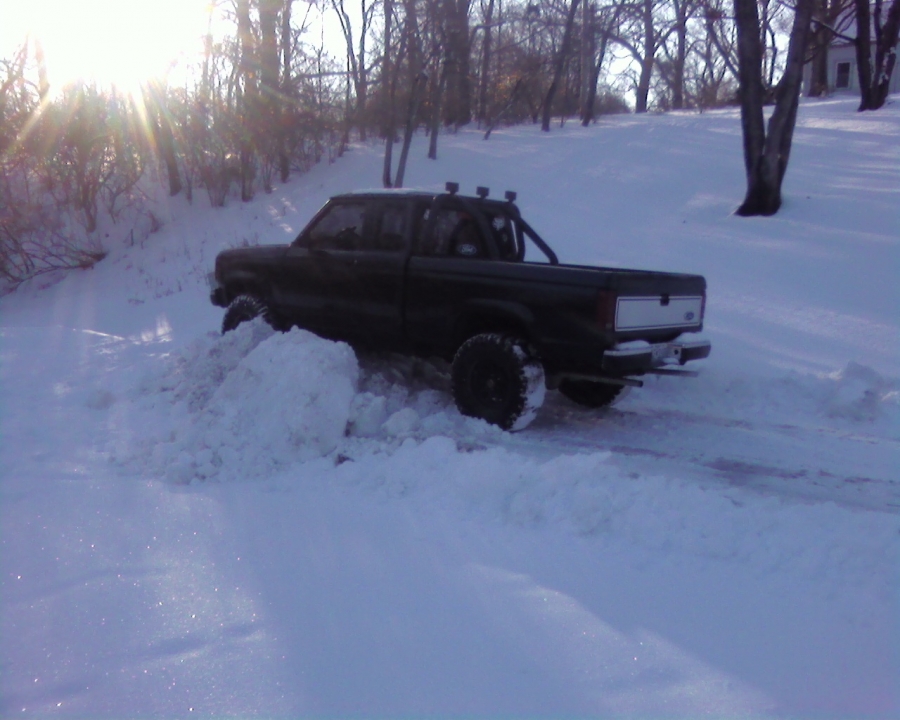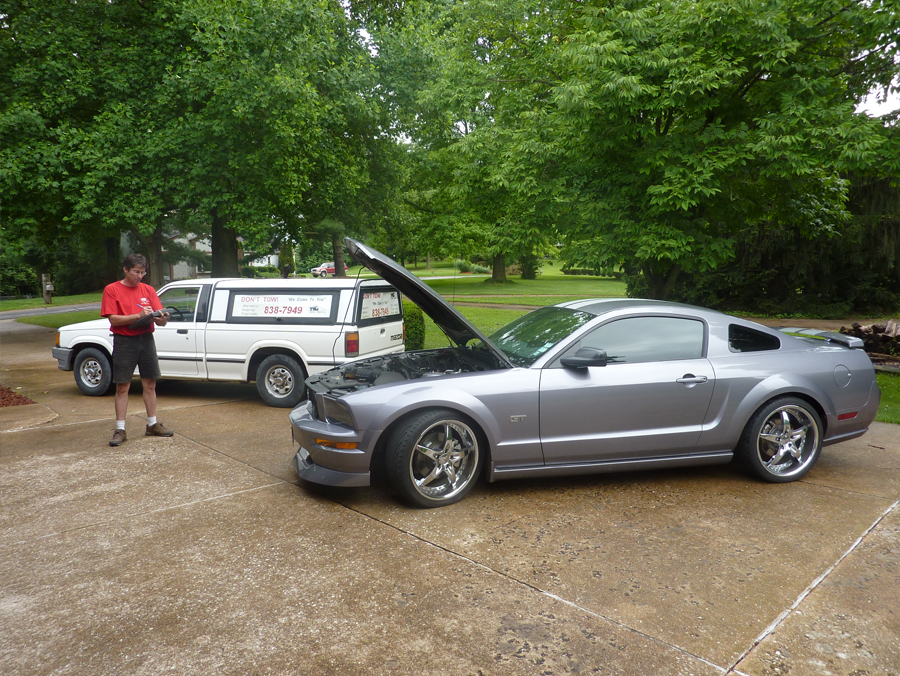Properly inflated tires are very important. For one thing, proper inflation can affect your fuel economy, but more importantly, improper tire inflation can seriously reduce your safety on the road.
Proper tire pressure or inflation helps you achieve your optimum miles per gallon. Embossed on the side wall of each tire, you'll find the proper air pressure listed in pounds. Using a tire gauge, fill each tire to its proper inflation. Under-inflated tires produce more surface contact and friction. More surface contact and friction requires more energy to keep the vehicle rolling, thus using up more fuel. It also creates greater wear on your tires because of the additional surface area rubbing against the road. Therefore, keeping your tires properly inflated will reduce friction, helping you achieve your optimum miles per gallon and making your tires last longer.
Saving money is great, but the most important reason for checking and maintaining proper tire pressure (check at least once per month) is a matter of safety. Under-inflated tires, as mentioned before, create more surface friction. In addition to lowering your fuel economy and wearing your tires down faster, this surface friction creates heat. The heat created increases your risk of a blow out. Who wants a blow out while driving around town, or worse, at high speeds on the highway? Proper tire pressure can drastically reduce the odds of a blow out, keeping you safer on the road.
Over-inflated tires can also be a safety hazard. Over-inflation decreases the surface contact of the tire with the road, giving the driver less control with lane placement and stopping ability. In wet weather, hydro-planing is more likely with over-inflated tires. It also increases your risk for punctures, which can lead to leaks or flat tires.
Check your tires at least once a month, or better yet, whenever you fuel up. Consult the sidewall of the tire for proper tire pressure. Use a tire gauge to measure the pounds per square inch (PSI) of air pressure.
